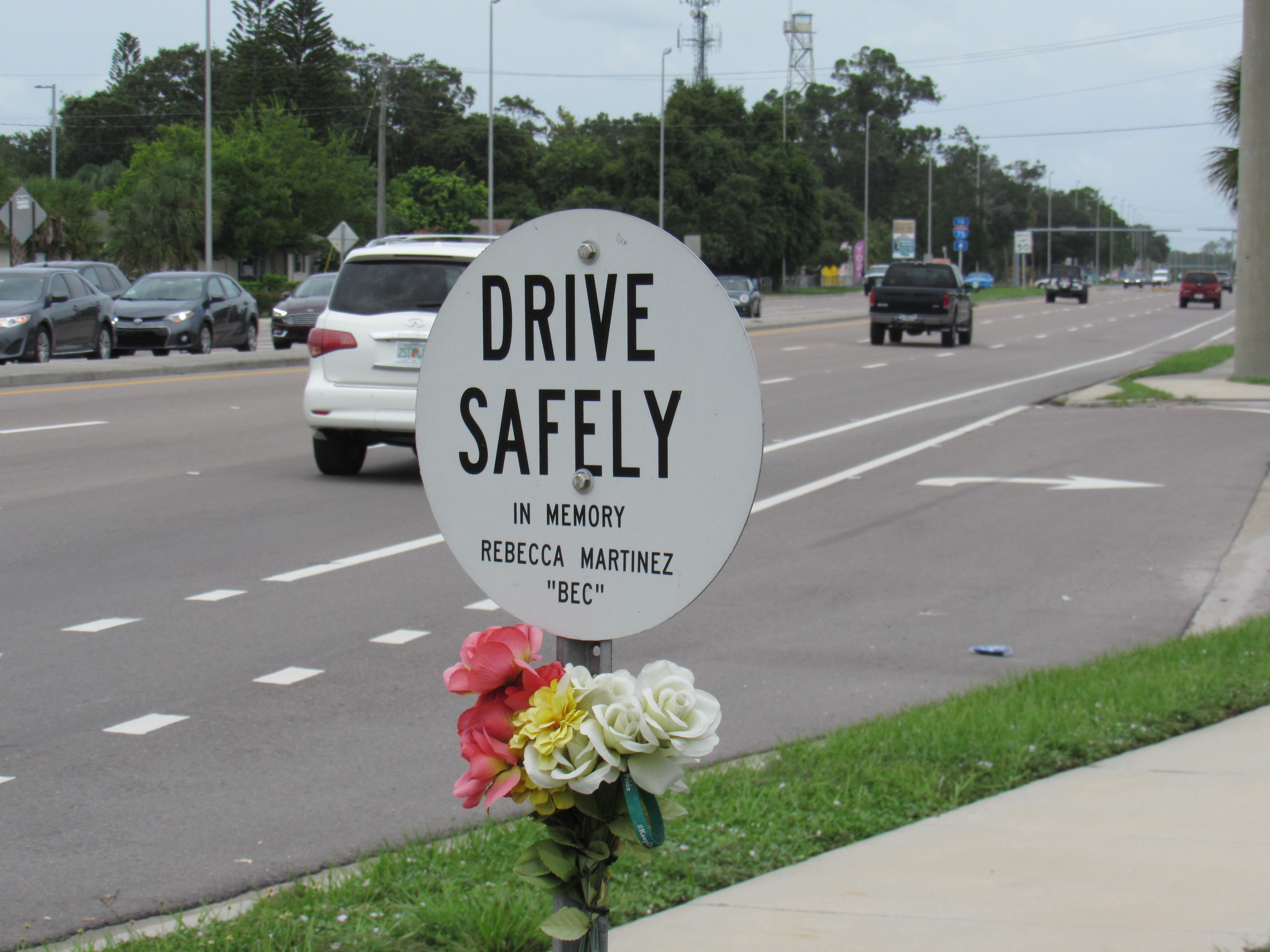A Maryland-based design firm is seeking to revolutionize the century-old credo that shapes how policymakers and engineers plan communities — in order to force planners to prioritize human beings over automobiles and think deeply about how their decisions affect road safety.
Toole Design, which has 17 offices in the United States and Canada, last week released a manifesto that seeks to substitute new concepts for the traditional "three Es" — education, enforcement, and engineering — that have guided transportation professionals as they have built the infrastructure of our towns and cities.
The new "three Es" that Toole proposes — "ethics, equity, and empathy" — replace the object- and rule-centered approach that dominates the discipline with a moral one centered on people.
"They are a little less tangible; they're about feelings and perceptions and values that are not couched in terms of science, and they're very interconnected," Toole Design Director of Strategy Andy Clarke told Streetsblog. "They speak to a set of values and point you toward the question of what you're trying to achieve with the projects you're working on."
The new "three Es" are more than squishy buzzwords, however. Planners at Silver Spring-based firm want civic leaders and their colleagues to rethink how their decisions affect the lives of residents and commuters who use transportation — and to take steps to stop the blood tide engulfing our streets.
"Professions have become siloed and distanced and they lose track of the bigger picture they're dealing with," Clarke said. "Relying on an expert to put in a rule misses the point. How can we keep people from getting killed and encourage them to ride the bus or cross the street safely?"
Transportation professionals have incorporated the "Three Es" into their planning since at least the 1920s — but, in recent years, that philosophy hasn't made our streets any safer. Traffic fatalities have been rising for at least a decade, and have topped 40,000 a year for three years in a row, despite the Vision Zero policies that many cities have instituted in order to reduce pedestrian and cyclist deaths.
There's lots of blame to go around. Transportation-safety experts cite driver error in 94 percent of crashes; automakers have blamed distracted drivers who text or call while driving, while lawmakers scrutinize the role of drugs and alcohol in crashes. Yet, in all the finger-pointing, road design often escapes examination.
"Too many of the resulting formulae, warrants, checklists, models and standards can then make it seem as if we have no choice but to design streets and highways that favor automobiles to the exclusion of everyone and everything else," wrote Toole Design engineer Bill Schultheiss in the manifesto. "But the truth is we have a lot of flexibility and engineering judgment to exercise and the answers are not always going to come from a math equation. We are making values-based choices all the time."
A road isn't just a road, after all: City planners and engineers make choices about where to install crosswalks and traffic signals, how fast vehicles can drive, where to locate bike lanes, and how to design intersections. Every choice is an ethical one.
And transportation systems didn't just spring up in a vacuum: They often were built on a foundation of centuries of inequality and racism, and some consciously sought to keep people segregated and impoverished.
The new "Three Es" also seek to spotlight the awesome power and responsibility city planners have over people's lives — in order to help correct historical inequities by providing access to safe and affordable transportation options.
"Equity means distributing resources to people in a just and impartial way," wrote Toole Design's Director of Planning for California Tamika Butler. "It’s not giving everyone the same thing, but rather giving everyone what they need today while considering how existing power structures have governed resource distribution in the past."
And transportation professionals must understand the needs of the people they serve by listening and showing empathy and compassion — even in community meetings that can stretch for hours, Toole designers said.
"When we practice empathy and apply it to our professional decisions, we move one step closer to a built environment that works for everyone," wrote senior urban designer Kristen Lohse. "If we fail to understand and value the viewpoints of the people who live in the communities we serve, our projects will exclude them and even generate opposition."
At the very least, the manifesto serves notice to the profession that it cannot continue to design streets that favor traffic flow above all else.
"The status quo is having a transit system where 40,000 people are dying every year and a quarter of more of greenhouse-gas emissions are generated by the transportation sector," Clarke said. "There's responsibility to change the status quo for the better.






